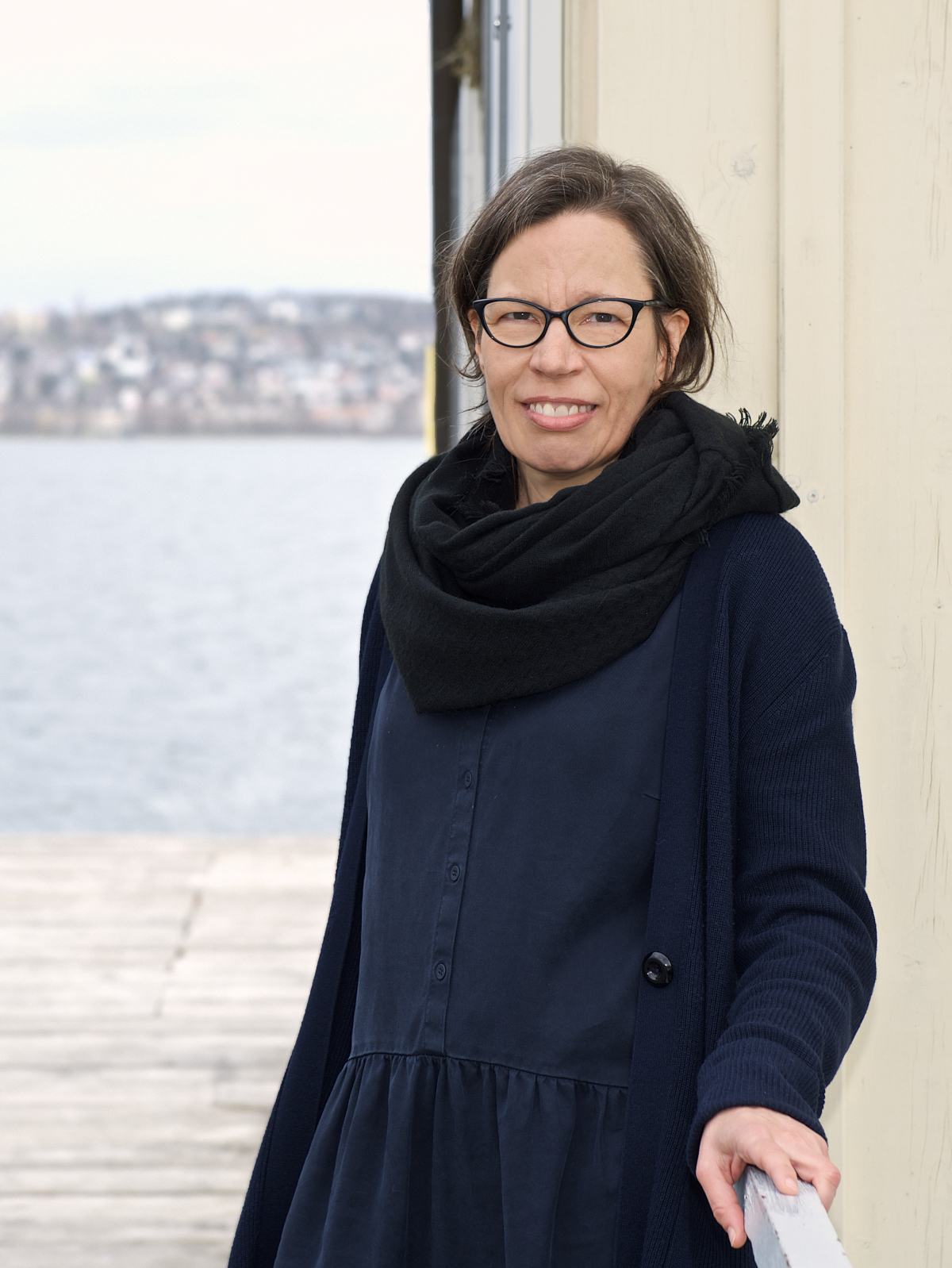Dear YERUN Community,
another challenging year comes to an end: Just when many countries and regions around the world had started to move towards a certain degree of post-COVID-19 normalcy, Russia invaded Ukraine, plunging the world into a new crisis. While the COVID-19 pandemic has certainly challenged our strength, our resilience and our powers of innovation, the Russian invasion of Ukraine now seriously threatens fundamental European values – values on which, amongst many other things, our academic lives, our teaching and research, as well as our international cooperations and research systems – that is: our Universities, in all their many different facets – are based.
As European Higher Education Institutions, it is our unique responsibility to preserve, promote and strengthen these values. More than ever, we are called to foster a culture of equity, diversity and inclusion, ensuring that our universities remain peaceful, cosmopolitan, tolerant and safe places of study and research. To effectively help the Ukrainian people and our Ukrainian partner institutions – colleagues, researchers, employees, students and their families – in these difficult times, the YERUN community acted quickly: Within days of the Russian attack, YERUN partners had developed a multitude of support measures, which they then advertised in a joint article on the YERUN website.
At the University of Konstanz, we have meanwhile been able to welcome over a hundred students and more than twenty researchers who had been forced to flee the war in Ukraine. We hope that our University can provide them with a safe place to continue with their studies and their research. Our University’s support measures include financial support through scholarships and grants, language courses, accommodation as well as advice and psychological support services. The University community has shown great solidarity and humanity, and many have freely and very generously offered their time and resources in order to help. However, we know that there is more work to do, for the task ahead is much bigger: In the medium term, it will be important for us all to work together and assist Ukraine in rebuilding its educational infrastructures and in becoming a strong member of the European Higher Education Area and the European Union.
One initiative which makes an important contribution to strengthening the European Higher Education Area is the ‘European Universities Initiative’. Within that initiative, the University of Konstanz has been invited to become a full member of the European University for Well-Being (EUniWell) from November 2023 onwards, an invitation which we were delighted to accept. Together with our new partners within EUniWell, we will join forces in teaching, research and administration to improve the well-being of individuals, communities and societies in Europe and beyond – based on our shared values and in line with the global Sustainability Goals (SDGs). We are excited to start work on these issues within EUniWell. Amongst other things, we are delighted that in joining EUniWell, we will also be joining forces with one of EUniWell’s newest members, Taras Shevchenko National University of Kyiv, which in turn is one of our own University’s long-standing Ukrainian partner universities.
However, until October 2023, we are fully committed to our work with our highly valued partners and friends from our current European University Alliance, the European Reform University Alliance (ERUA), and we will continue to participate in joint projects for the innovative transformation of the European Higher Education Area within the framework of ERUA as an Associate Member of that alliance from November 2023 onwards.
Sustainability in all its different guises is a very important topic for us here at the University of Konstanz. Just last week, for example, the University of Konstanz hosted its annual Erasmus+ Staff Week ‘Sustainable.together‘. Among our guests from around the world were colleagues from our YERUN Partner Universities Stirling, Cyprus and Essex, and we were, to our great delight, also able to welcome a representative of YERUN’s Brussels office, Chiara Collela, policy officer and coordinator of YERUN’s ad hoc group on SDGs. The event was busy with inspiring talks and lively discussion, with participants addressing the topic of Sustainability in Higher Education from a wide range of different perspectives and in many different ways: Together, they considered the role of the UN’s SDGs in the context of governance and strategic planning, but also in the context of everyday University life, they asked how we might offer our students an education for sustainability, how we might raise awareness of, and engagement with, the various SDGs, and how to deal with conflicting values such as the values of internationalisation and ecological sustainability in higher education. The event turned out to be truly inspiring and enriching, and, in the process, lots of good ideas of how to foster sustainability within a University context were formulated and exchanged. Next, we now do look forward to hearing about implementation successes during the months ahead.
Looking back over the year 2022, we see unprecedented solidarity, shared commitment, a sense of cohesion and the power of shared core values. Our stable and reliable partnerships give us the strength to look to the future with hope and optimism: I am convinced that together – within the YERUN Network, within our various European University Alliances, as well as through smaller, bilateral institutional partnerships – we can, by joining our efforts and innovation potential, create a more sustainable, resilient, open and inclusive European Higher Education Area, fostering equity and diversity, and promoting democratic, academic and European values.
I am therefore looking forward to the opportunities that the year 2023 will bring, and I wish you a very happy, successful and peaceful new year.
Professor Dorothea Debus, Vice Rector for International Affairs, Equal Opportunity and Diversity at the University of Konstanz










